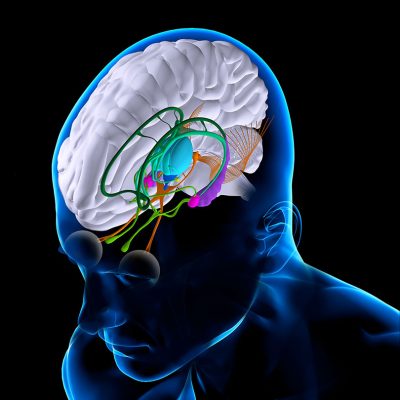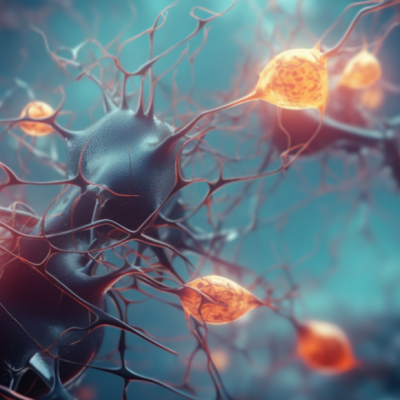A new study has found that early signs of dementia can be detected up to nine years before symptoms appear through health data and cognitive performance tests. This discovery could significantly improve the treatment of neurodegenerative diseases such as dementia and Parkinson’s. Currently, these diseases are difficult to treat because they are usually only discovered when symptoms appear, despite the fact that the damaging process in the nervous system may have already begun. However, researchers from the University of Cambridge and Cambridge University Hospitals have analyzed health data from the UK Biobank, which contains anonymized data on genetics, lifestyle, and health of 500,000 British participants between the ages of 40 and 69.
The UK Biobank also includes a variety of test data, such as problem-solving ability, memory performance, reaction speed, and hand strength, as well as information on weight changes and the frequency of falls. By analyzing this data, researchers were able to determine whether there were any early signs of dementia up to five to nine years before diagnosis. Those who later developed Alzheimer’s or frontotemporal dementia showed weaker performance in tasks such as problem-solving, reaction speed, memory of number sequences, remembering future actions, and pairing. Those who later developed Progressive Supranuclear Palsy, a rare neurological disorder that affects balance, had more than twice as many falls compared to healthy individuals.
According to Nol Swaddiwudhipong, it is possible to detect dementia years before the first obvious symptoms appear. This is a step towards possible early detection in people at the highest risk, such as those over 50 or those with high blood pressure or insufficient physical activity, and earlier intervention to help reduce their risk. Dr. Tim Rittman emphasizes that there is no cause for excessive concern if someone has difficulty remembering numbers. However, anyone who has concerns or notices a decline in their memory or recall should see their doctor. The results could also help identify individuals who could participate in clinical trials for potential new treatments.
In conclusion, this study provides hope for early detection and intervention in neurodegenerative diseases. By analyzing health data and cognitive performance tests, researchers were able to detect early signs of dementia up to nine years before symptoms appear. This could lead to earlier intervention and better treatment options for those at risk of developing these diseases.










